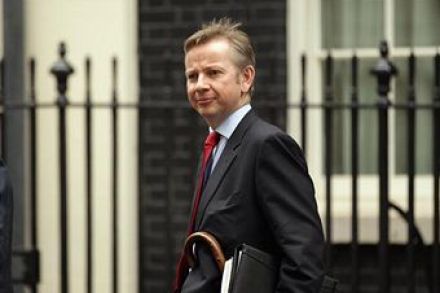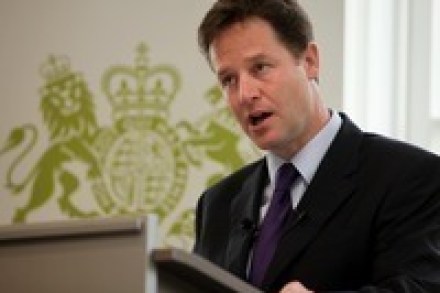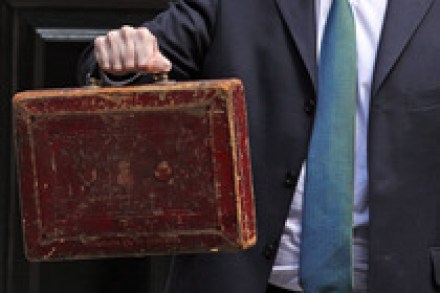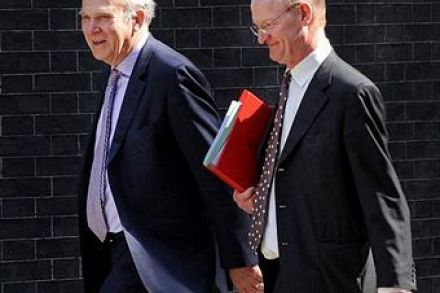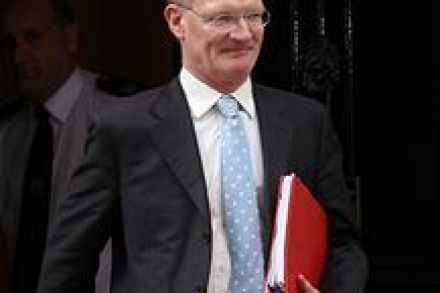Gove to introduce baccalaureate for 16 year-olds
Fixing the education system in Britain is absolutely crucial to promoting social mobility, the principal domestic social policy aim of the coalition. So Michael Gove’s announcement on the Andrew Marr show this morning that the government plans to introduce an English baccalaureate is to be welcomed. The baccalaureate programme will end at 16, still allowing specialisation at A-Level—one of the things that allows undergraduate education in this country to be far more intellectually rigorous than in the States, and will require pupils to do English, maths, science, a foreign or ancient language and a humanity. This should help stop the drift to softer subjects at GCSE and place pressure on








